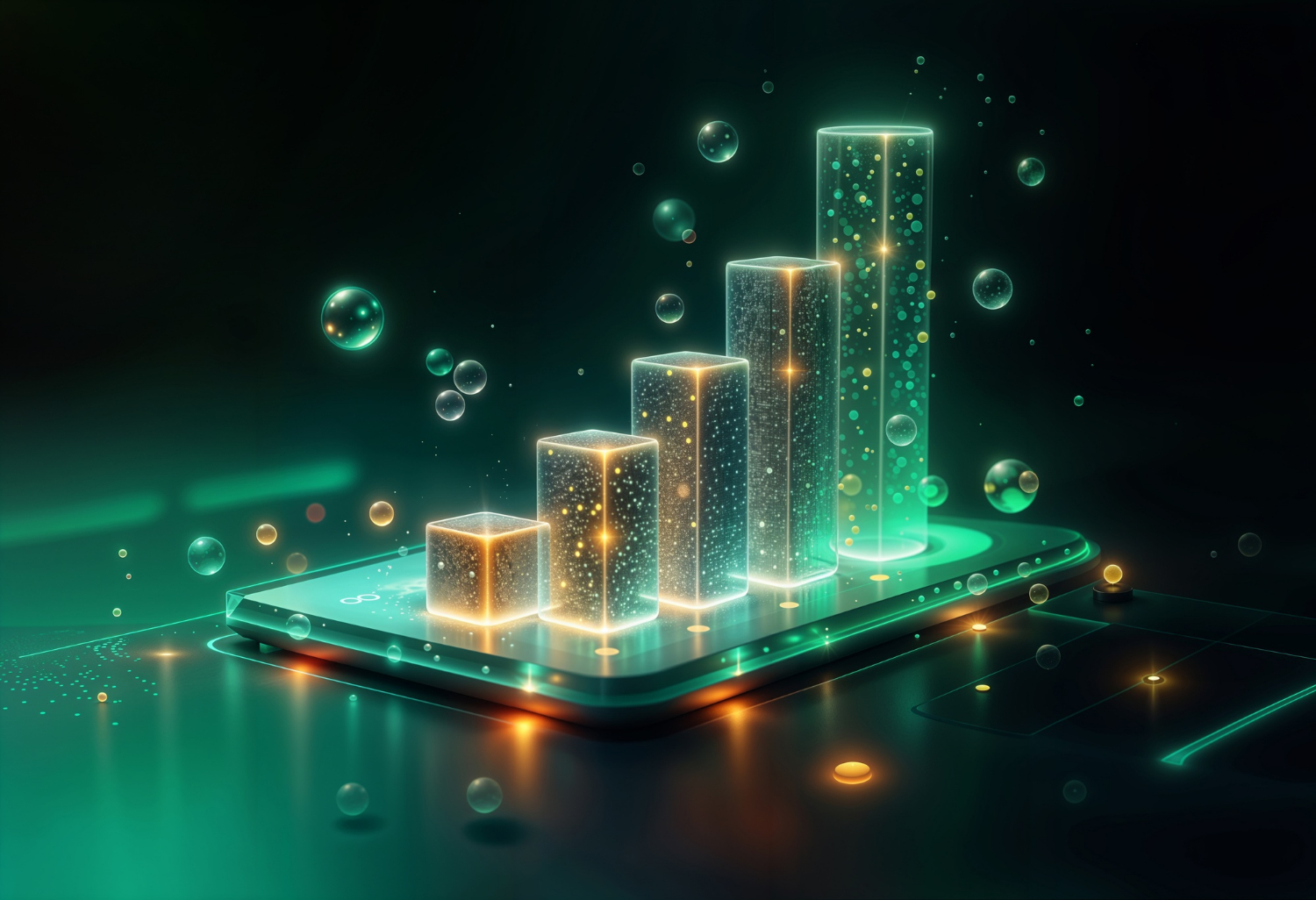Real World Asset Tokenization Platform Development is transforming the financial landscape, enabling fractional ownership of real-world assets through blockchain technology. This innovation is breaking down barriers to investment and opening up new opportunities for global investors.
What is Real-World Asset Tokenization?
Real-world asset tokenization refers to the process of converting physical assets, such as real estate, commodities, and collectibles, into digital tokens on a blockchain. These tokens represent ownership stakes in the underlying asset, allowing investors to buy, sell, and trade fractions of high-value assets with ease.
Do you want to visit Haridwar? travel agents in Haridwar is the right place to plan your tour. You can book your tour from here.
The Power of Fractional Ownership
Fractional ownership enables multiple investors to own a share of an asset instead of purchasing it outright. This model is particularly beneficial for expensive assets like luxury properties, rare artwork, and private equity investments, making them more accessible to a broader audience.
Key Benefits of Asset Tokenization
- Increased Liquidity – Tokenization allows traditionally illiquid assets to be traded on secondary markets, providing investors with more flexibility.
- Lower Barriers to Entry – Investors can buy fractional shares of high-value assets, making investments more affordable.
- Transparency & Security – Blockchain technology ensures that all transactions are secure, transparent, and immutable.
- Efficiency & Automation – Smart contracts automate processes like dividends, revenue sharing, and compliance, reducing administrative costs.
- Global Investment Opportunities – Tokenized assets can be accessed and traded worldwide, increasing market participation.
Real-World Applications of Asset Tokenization
- Real Estate: Investors can buy fractions of commercial or residential properties, reducing the need for large capital commitments.
- Precious Metals: Gold, silver, and other metals can be tokenized to offer investors a digital alternative to physical ownership.
- Art & Collectibles: Rare art, vintage cars, and luxury watches can be fractionalized, allowing collectors to own portions of valuable assets.
- Private Equity & Venture Capital: Startups and private companies can raise funds by offering tokenized equity to investors.
Challenges in Asset Tokenization
Despite its benefits, asset tokenization faces several challenges:
Do you want to visit char dham? char dham tour operator is the right place to plan you Char Dham tour. You can book you tour from here.
- Regulatory Compliance: Different countries have varying regulations regarding digital securities and blockchain assets.
- Market Adoption: Many investors and institutions are still unfamiliar with tokenized assets, requiring education and awareness.
- Technology Integration: Developing a secure and scalable asset tokenization platform requires advanced blockchain infrastructure and smart contract development.
How Businesses Can Leverage Asset Tokenization
Companies looking to tokenize their assets should consider:
- Partnering with a reputable asset tokenization development company.
- Ensuring compliance with local financial regulations.
- Choosing a blockchain network that offers scalability and security.
- Utilizing smart contracts to automate transactions and ownership verification.
Conclusion
Real-world asset tokenization is revolutionizing the way we invest and trade assets. By unlocking fractional ownership, it provides a more inclusive and efficient investment landscape. As blockchain technology continues to evolve, the adoption of tokenized assets is expected to grow, reshaping the global economy.
Do you want to visit Indiar? tour operator in India is the right place to plan your tour. You can book your tour from here.
Are you ready to explore the world of asset tokenization? Start your journey today and take advantage of this game-changing investment model!
